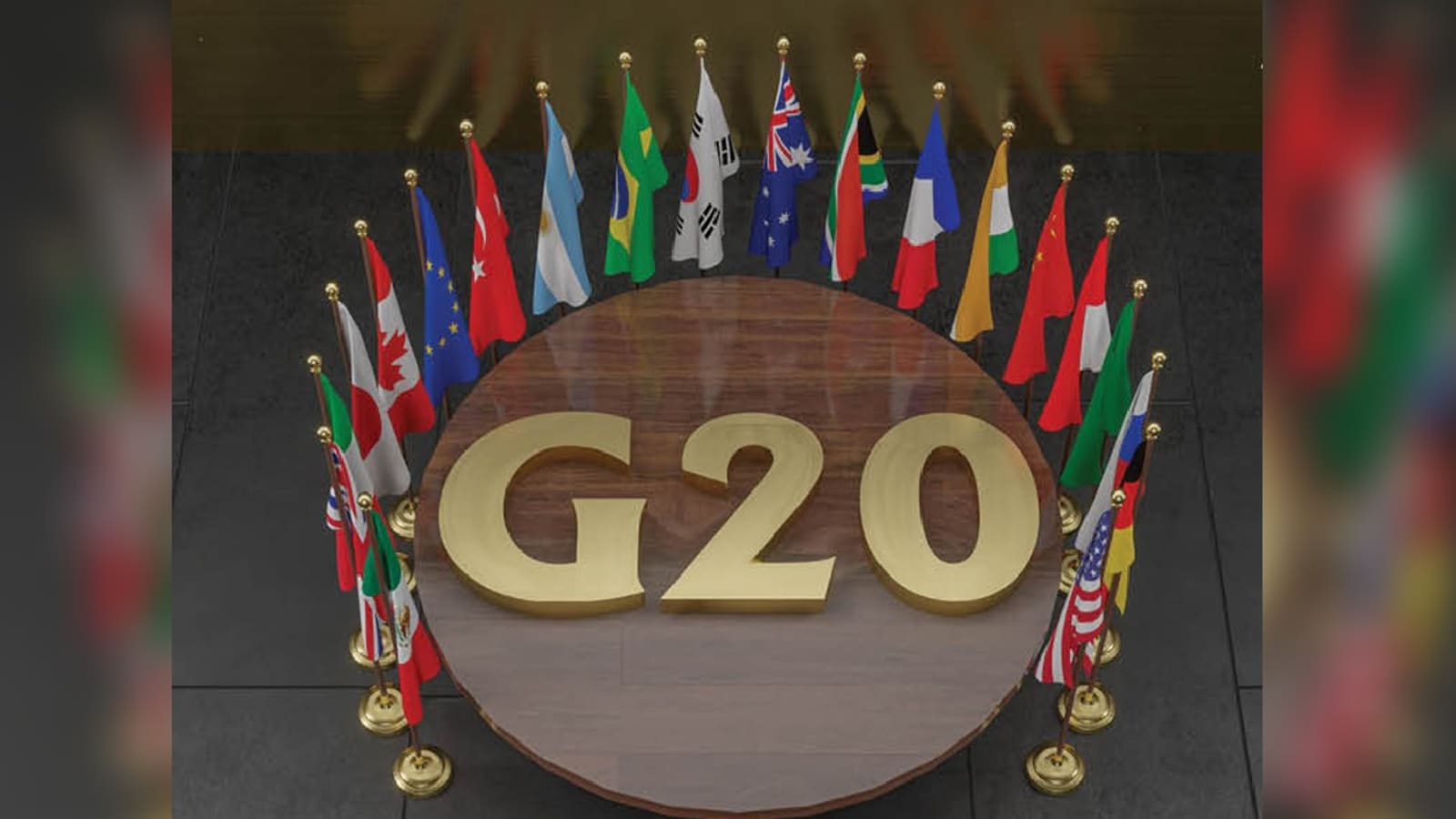G20: Shaping Global Economic Policies for a Better Tomorrow

In the ever-evolving landscape of international relations and global economics, the G20 holds a prominent position as a forum for cooperation and collaboration among the world’s major economies. Comprising 19 individual countries and the European Union, the G20 plays a crucial role in shaping policies that impact not only the member nations but the entire world. In this article, we’ll delve into the significance, history, functions, and impacts of the G20, shedding light on its role in addressing global challenges and fostering economic growth G20: Shaping Global Economic Policies for a Better Tomorrow.
1. Introduction: Understanding the G20’s Significance

The Group of Twenty, or G20, was established in 1999 in response to the financial crises of the late 1990s. It brings together major economies, both developed and emerging, to discuss and coordinate on matters of international financial stability and economic growth.
2. Historical Context: From Inception to Prominence
The origins of the G20 trace back to the G7 (now G8), a group of advanced economies. Recognizing the need for a more inclusive dialogue, the G20 was formed to include a broader spectrum of nations, reflecting the changing dynamics of the global economy.
3. Core Functions of the G20
The G20 operates as a platform for member nations to address global economic challenges collectively. Key functions include:
3.1 Policy Coordination
The G20 facilitates policy coordination to achieve sustainable and balanced global economic growth. Member nations collaborate to avoid competitive devaluations and protectionism.
3.2 Financial Market Regulation
Post the 2008 financial crisis, the G20 took on the role of promoting financial market regulations and enhancing transparency to prevent future crises.
3.3 Development Initiatives
Addressing developmental issues is a significant focus. The G20 promotes initiatives that support infrastructure development, poverty reduction, and social progress.
4. Impact of G20: Changing Global Economic Landscape
The influence of the G20 cannot be understated. It has played a pivotal role in stabilizing the global economy, as seen in its response to the 2008 financial crisis and the ongoing COVID-19 pandemic.
5. Challenges and Criticisms
While the G20 has made significant strides, it faces challenges such as conflicting national interests and the need for more enforceable decisions. Critics argue that its voluntary nature sometimes hampers effectiveness.
6. G20 Summits: A Gathering of Minds
Regular G20 summits provide leaders and policymakers a platform to engage in substantive discussions, build relationships, and foster cooperation on pressing global issues.
7. Shaping Environmental Policies
Recognizing the importance of sustainable development, the G20 discusses environmental concerns and advocates for measures to combat climate change and promote clean energy.
8. Gender Equality and Inclusive Growth

The G20 has taken steps to address gender inequality and promote women’s economic empowerment as a means to achieve inclusive and sustainable growth.
9. Conclusion: Steering Toward a Shared Future
In an increasingly interconnected world, the G20 continues to play a pivotal role in shaping global economic policies. Its commitment to collaboration and dialogue underscores its significance in addressing challenges and fostering prosperity.
10. FAQs
10.1 What are the main objectives of the G20?
The G20 aims to promote international financial stability, sustainable development, and balanced economic growth among its member nations.
10.2 How often are G20 summits held?
G20 summits are held annually, with leaders from member nations convening to discuss and address global economic challenges.
10.3 Is the G20’s decision-binding on member nations?
No, the G20 operates on a voluntary basis, and its decisions are not legally binding. However, the member nations often commit to implementing agreed-upon policies.
10.4 How does the G20 address climate change?
The G20 discusses and promotes measures to combat climate change, encourage clean energy adoption, and promote sustainable environmental practices.
10.5 How does the G20 contribute to inclusive growth?
The G20 recognizes the importance of gender equality and inclusive growth. It advocates for policies that empower women economically and promote social inclusivity.
